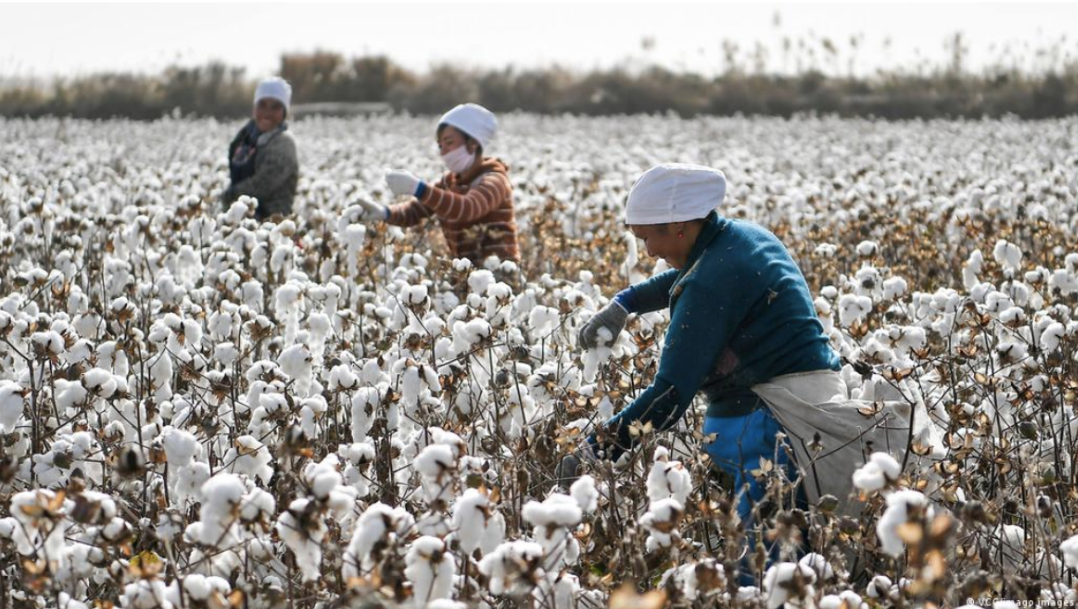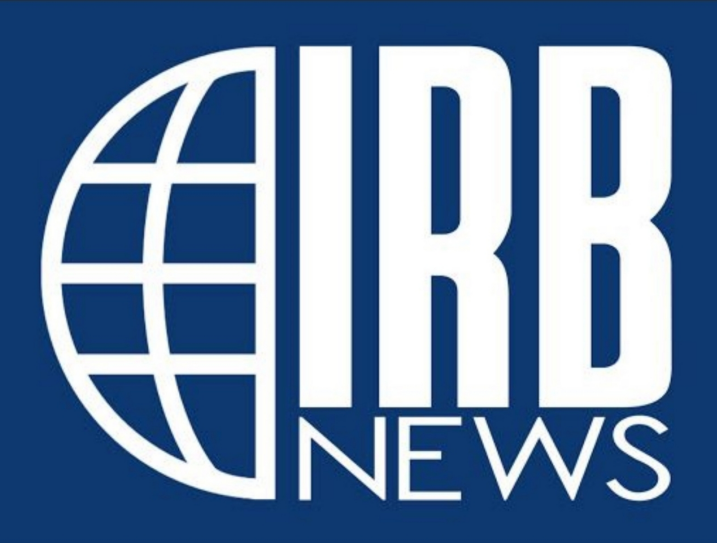US Consideration on China Involvement on Human Right Abuses: The Impact towards Import and Export
Forced Uyghur labor in a cloth factory in Xinjiang. (Source: Sourcing Journal)
Overview
Tensions between the US and China have been going on for a long time involving various aspects. One of those is the political aspect concerning the human rights of workers in Xinjiang, China. The US has imposed a bill and diplomatic boycott regarding the human right violations of the Uyghurs. In response, China criticized the bill by not admitting the violations that are happening, as they said that the detention camps are only built in purpose of training centers, particularly to combat terrorism in Xinjiang. Also, China’s government has threatened to ban Americans from traveling there on the basis of international law, basic norms, as well as trade ethics factors
Despite all the criticisms from China’s government, Uyghur Forced Labor Prevention Act (UFLPA) was then enacted into law by President Biden on December 23, 2021 (DW, 2022). UFLPA ensure that all goods from Xinjiang, that are made with forced labor, are being cut out from import and will not enter the US market. With the issuance of UFLPA, trade deals between the US and China are impacted. Moreover, the political affairs between both countries will also be increasingly hard to establish.
Human Rights Abuses
Xinjiang forced labor (source: dw.com)
The issue of human right abuse in China has been around despite the public outrage against it. Concern for forced labor in Xinjiang as well as the mistreatment towards Muslim population in the region has provokes uproar to occurs in the international community. Although many stated their protest to the government, China claimed that there is no human right abuse in Xinjiang. However, China insisted they are conducting an educational and training center for the local community, all while further stating that the issue of human abuse in the country is merely an anti-China movement.
China’s behavior, of course, also received rejection from human rights defenders. However, the activists were also noted to receive violated behavior from the Chinese government. Under unjustified, broadly construed, and ambiguously drafted charges, the government detained and arrested numerous human rights activists and campaigners for extensive periods. Many human rights defenders were reportedly tortured and subjected to other forms of abuse while in jail. While they lack access to family and lawyers of their choice, and ineffective fair trial procedures. Following their release, the authorities frequently kept tabs on, harassed, and intimidated people while limiting their freedom of movement. On 5 November 2021, family members of labour activist Wang Jianbing and #MeToo activist Sophia Huang Xueqin received arrest notices from the Guangzhou Security Bureau stating that they had been detained for inciting subversion of state power.
Author: Tim Politics IRB News
Editor: Dustin Rashidi Hasan, Hafsyah Azzahra, Jennifer Clara Aprilia & Viranty Yulia Putri
References
Al Jazeera. (2022, June 21). US ‘forced labour’ law bans goods from China’s Xinjiang region. News | Al Jazeera. Retrieved from https://www.aljazeera.com/news/2022/6/21/us-forced-labour-law-bans-goods-from-chinas-xinjiang-region
Al Jazeera. (2022, August 18). ‘reasonable to conclude’ forced labour in China: Un expert. Labour Rights | Al Jazeera. Retrieved from https://www.aljazeera.com/economy/2022/8/18/forced-labour-claims-in-chinas-xinjiang-reasonable-un-expert
China Archives. Amnesty International. (n.d.). Retrieved from https://www.amnesty.org/en/location/asia-and-the-pacific/east-asia/china/report-china/
(2022, June 22). AS Terapkan Larangan Impor Barang dari Wilayah Xinjiang. dw.com. Retrieved from https://www.dw.com/id/as-terapkan-larangan-impor-barang-dari-wilayah-xinjiang/a-62221890



